
For the past six months Luanne Rife has been spending time in Virginia’s coalfields learning about why people living along Virginia’s western border are among the least healthy in the nation.

For the past six months Luanne Rife has been spending time in Virginia’s coalfields learning about why people living along Virginia’s western border are among the least healthy in the nation.
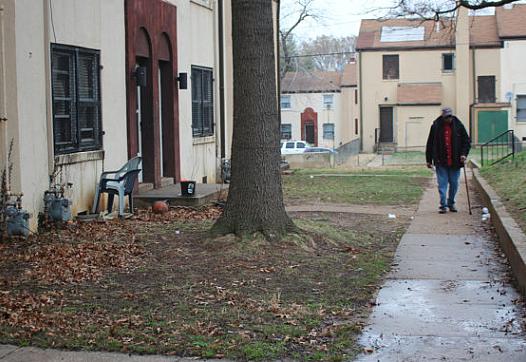
In the District of Columbia, a shortage of affordable housing, a hyper-expensive rental market and aging and vanishing housing stock has have tenants battling spiraling rents and housing costs, and have left them at increased risk of getting displaced.

The resurgence in the Louisville business community’s interest in socially responsible companies is evident in the popularity of Canopy, a new initiative to foster businesses that do good as an integral part of their overall mission.
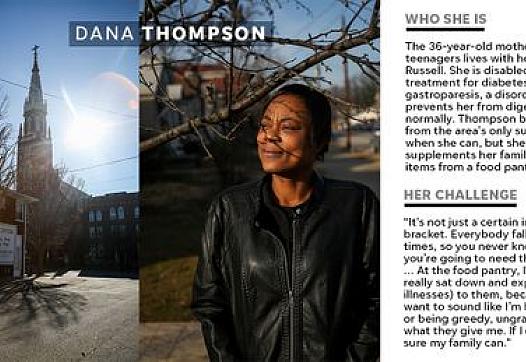
About two years ago today, the Kroger Co. announced its decision to close the only full-service grocery store in downtown Louisville. Overnight, thousands of Louisvillians —many of them struggling with limited resources — were left without a place nearby to purchase basic necessities.
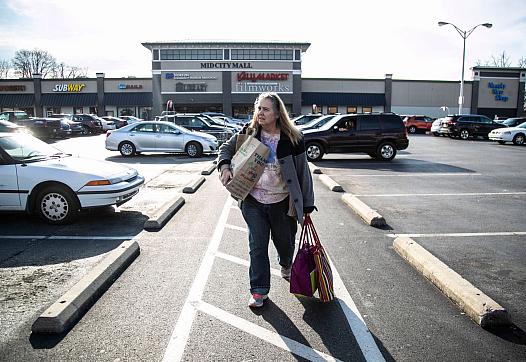
Louisville neighborhoods without grocery stores have higher risks of developing illnesses. And it's costing us millions in emergency health care.
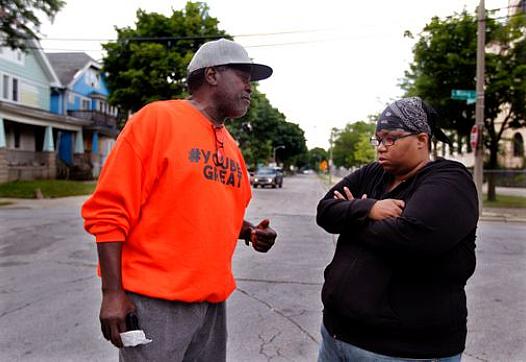
In Milwaukee, therapists, social workers and criminal justice reform officials are focusing new attention on the well-being of those who suffer traumatic experiences as children.
James E. Causey’s reporting on this project was completed with the support of a USC Annenberg Center for Health
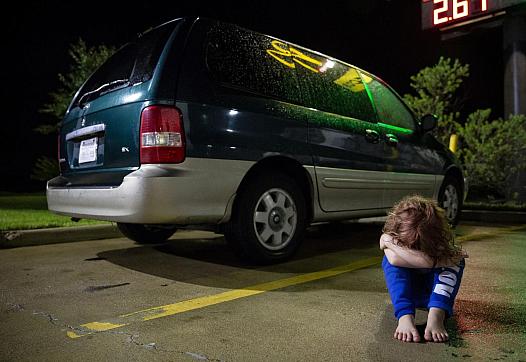
Day after day, we listened to families’ stories. And we hoped to God that we told them in a way that made others care.

When the "crack baby epidemic" of the 1980s and '90s was raging, many experts offered stark, long-term forecasts. While those were overblown, there still is cause for concern.
This series was produced with the support of the USC Annenberg Center for Health Journalism Impact Fund.
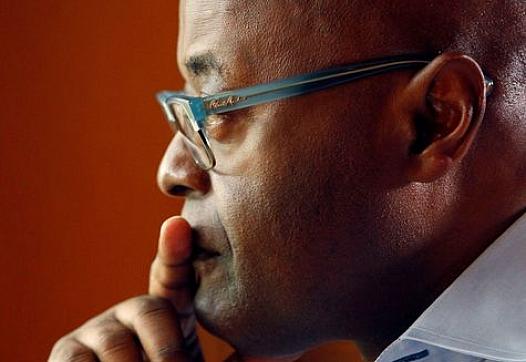
Today, nearly 37 years later, the call seems exceptionally ordinary: Investigate a noise complaint from a resident at an apartment building at North 10th and West Walnut streets.
James E. Causey’s reporting on this project was completed with the support of a USC Annenberg Center for H

Spoken word artists Tina Nixon and Kwabena Antoine Nixon have helped people enveloped in trauma in Milwaukee open up about their innermost fears.